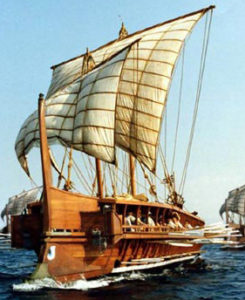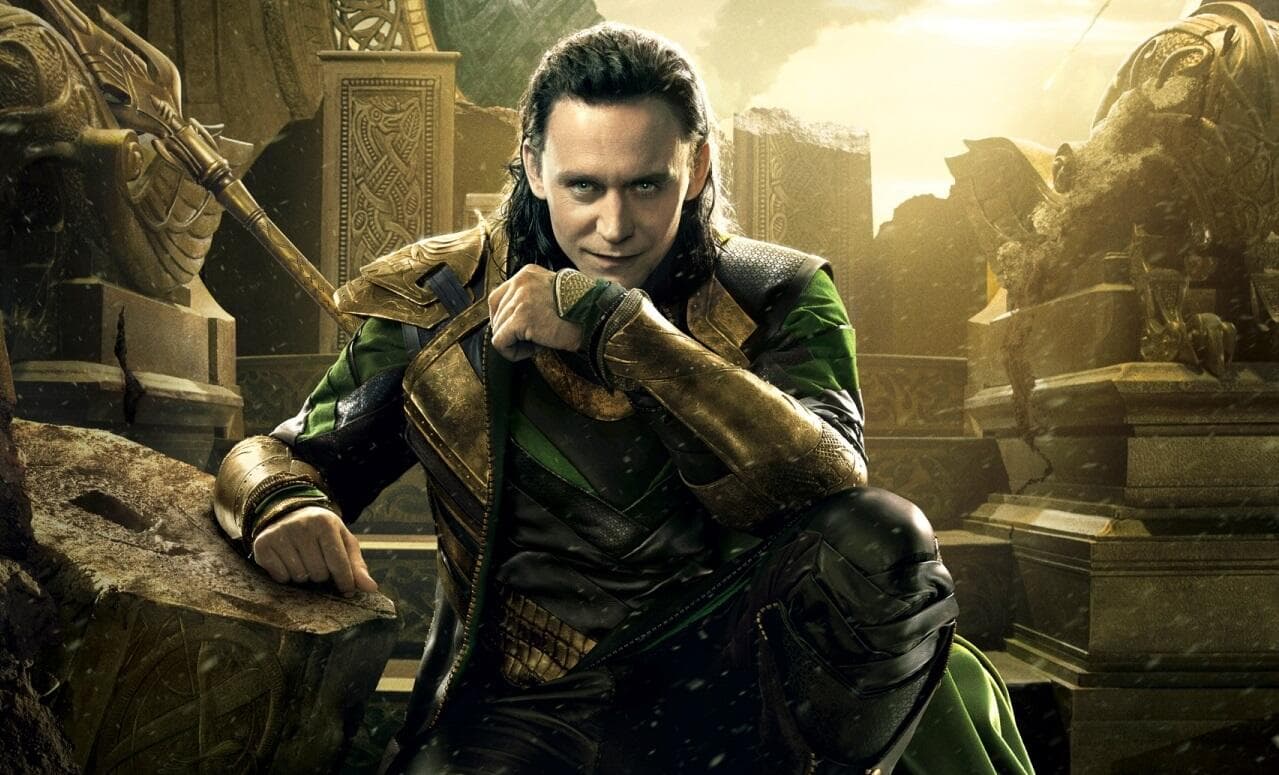The Sorites paradox, also known as The Fallacy of the Heap, frequently occupies my contemplations regarding philosophy and existence. This concept has immensely influenced me and served as a gateway to grasping Buddhist philosophy. It manifests in philosophical discourse and literature, art, and the philosophy of knowledge.
In mythology with Loki is the trickster god in Norse mythology. In one tale, Loki makes a wager with a Dwarf named Bok, staking his head as the prize. Upon losing the bet, Loki cunningly argues that only his head should be forfeited, leading to a debate about the boundary between head and neck. Unable to reach a consensus, Loki cleverly retains his head, albeit with his lips sealed shut as a consequence of his audacity. This paradox is echoed in Shakespeare’s “The Merchant of Venice”, where the pound of flesh doesn’t include the blood.

Imagine a ship say of the Greek Hero Theseus, then start to replace the parts one by one. After each part is replaced, the question arises ‘is it still the same Ship of Theseus? What is the Ship of Theseus? It shows that reality doesn’t fit into our ideas and models.
Philosophically, It’s a field of study called Mereology and is about the relationship of parts to the whole. I The Ship of Theseus thought experiment prompts us to ponder whether a ship, gradually undergoing replacement of its parts, remains fundamentally the same entity. Or think of it as removing grains of sand from a heap, after each grains is removed the question arises, is it still the same heap? Similarly, the analogy of removing grains from a heap raises questions about the persistence of identity amidst incremental changes.
There's a difference between the fuzzy reality which changes and the simple neat identities and labels we give it.
These examples challenge our expectations about ideas and identity. It raises issues regarding the vagueness of language and concepts and their meaning.
A related paradox is the Continuum Paradox or Fallacy. Its really the same question. Take a grey scale, like below; a smooth gradient from black to white through all the shades of grey with number of greys is infinite. Question; where does black end and white begin? The odd insight is that at no point on the scale does black become white.

Simile of the Chariot
One might ask 'When and where does a clenched fist become a open hand?'
In Buddhism, I came across something similar, The Simile of the Chariot in Buddhism. Examining the chariot, we can ask Where is a chariot? Is it the wheels, the axles, the reins, the frame, the seat, or the driver? If the answer is no, then there is no Chariot.
It was here that I first began to understand what Buddhism was talking about. I started to know what they meant by Non-Self or Anatta (Anatman in Sanskrit).
It’s argued that just as the chariot is not an independently existing entity but a combination of its constituent parts, similarly, a person is composed of physical and mental elements such as body, feelings, perceptions, mental formations, and consciousness. (Called the Seven Skandhas (Sanskrit) or khandhas (Pāḷi)).
The inference is that ‘Chariot’ is merely a label, as is our name and the names of objects. A person doesn’t possess a permanent, unchanging self or soul but is a collection of impermanent and interdependent components, challenging the notion of a fixed and independent self.
This concept is fundamental in Buddhist philosophy and is central to understanding the nature of existence, impermanence, and liberation from suffering.
In explaining the world, we seek to state things clearly, but the Sorites Paradox, and Mereology point out the ambiguity of language, knowledge and identity. Precise definitions may exist, but they’re the exception. When you try to precisely define things like love, God, truth, soul or the Self, or even objects like plants, fish, table, and people, it ends up in ambiguity.
The Sorites paradox points to the difference between reality and the language and ideas we use to explain reality. In later Buddhism this is the Two Truth Doctrine of of Mahayana.
Philosophical queries like this are seemingly inconsequential in our everyday lives, but as Buddhism points out, it highlights the nature of existence, our suffering, and a path towards liberation.

